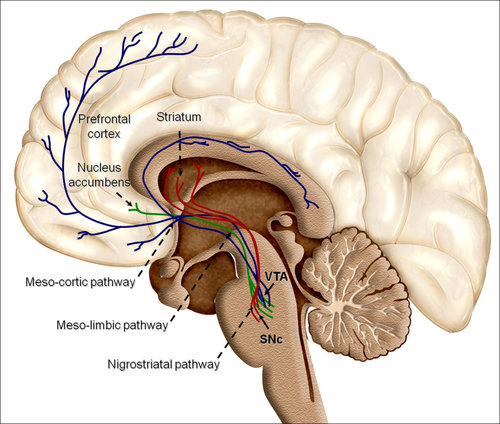Today I was sitting at my living room table, working away, when my phone buzzed.
I looked down to see who was texting me.
“977-79”
Gah, one of those spammers.
I opened my phone to block the number, but stopped when I saw the message:
“Blood Centers of the Pacific: Jason, your donation has been sent to a hospital to help a patient needing a transfusion. Thank you for being a lifesaving blood donor!”
Wow. Powerful.
I sat there for a minute and imagined my pint of type O+ blood getting rushed into an operating room somewhere in San Francisco.
I’ve given blood before, but I’ve never received a notice like this.
Maybe it’s because this system is new. Maybe that’s because they’ve never used my donated blood before.
But let me tell you—damn—that message was satisfying.
From a psychological point of view, that message did one immensely valuable thing: It rewarded me for my behavior.
Think about BF Skinner’s rats for a minute.
Why did they push the levers in their cages? Because they received tasty treats.
Even though we humans like to consider ourselves superior creatures, we still share a lot in common with our furry friends.
Why do we humans do stuff? For treats (food), for sex, for safety, for status. We share all of these motivations with our rat buddies.
But we also do things for altruistic reasons. We like to help others. We find it rewarding.
Part of this has to do with the glow we get from showing others how admirable we are, but there is also something a little deeper and friendlier going on.
We seem to have this inherent sense of empathy, and this inborn drive to care for others. It feels good relieving the distress of even a complete stranger.
But the whole blood-giving experience is completely devoid of any emotion or anything resembling humanity.
You sit in a room with a larger-than-comfortable needle sitting in your arm, squeezing your hands (and legs) every 5 seconds while a nurse looks at you.
At the end of the whole ordeal, you eat a cookie, drink a bottle of water, and go on your merry way.
The people you’re working for are nowhere to be seen. The fruits of your labor are hidden away—only existing in your imagination.
In other words, the reward never arrives. You never get feedback that you’ve actually helped someone.
Which is why this text is so important. It says: “What you did matters. Thank you.”
It would have been even better if the blood center had sent me a picture of the patient getting transfused with my blood, but I’m sure that violates all sorts of privacy laws.
With these kinds of rewards, the more tangible the better.
We want to see the fruits of our labor. We want to make eye contact with those we’ve helped.
We want to feel like our actions mean something… because, in some cases, they do.
Until tomorrow,
Jason
PS: If you’re in the giving mood, you should become one of my supporters on Patreon. It would mean the world to me… and, as a gift for your support, you can get access to my future products/books before they’re released, and get access to an exclusive monthly Google Hangout I’m going to start hosting.





